 Personal-use commodities for entry, which are carried by non-resident passengers and are intended to be taken into China valued at 2, 000 yuan or less, will be granted duty-free release by customs. A reasonable quantity of personal-use commodities is allowed for each single variety of item, but tobacco products, alcohol products, and other commodities are subject to relevant rules and regulations.
Personal-use commodities for entry, which are carried by non-resident passengers and are intended to be taken into China valued at 2, 000 yuan or less, will be granted duty-free release by customs. A reasonable quantity of personal-use commodities is allowed for each single variety of item, but tobacco products, alcohol products, and other commodities are subject to relevant rules and regulations.
For the personal-use commodities for entry valued at over 2, 000 yuan,the exceeding portion will be taxed at customs, and all indivisible individual articles will be taxed.
The dutiable value of commodities for entry or exit shall be determined by the customs in accordance with the law.
Passengers arriving from and going to Hong Kong or Macau are allowed to bring cigarettes up to 200, cigars up to 50, or tobacco weighing no more than 250 grams on each entry free of duty, as well as 1 bottle of duty-free alcoholic beverage containing 12% or above alcoholic content (less than 0.75 liters).The passengers from and going to other countries or regions are allowed to carry 400 cigarettes, or 100 cigars, or 500 grams of tobacco free of duty on each entry, as well as 2 bottles of duty-free alcoholic beverage containing 12% or above alcoholic content (1.5 liters or less). Passengers traveling from and to Hong Kong or Macau on the same day or multiple times in a short period of time can carry 40 cigarettes, or 50 grams of tobacco and 5 cigars free of duty, and are prohibited from carrying any duty-free alcohol beverages.
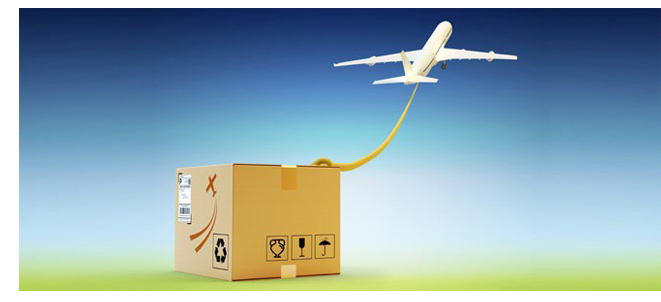 If the passengers carry essential self-use articles beyond the limit of one piece for each kind of article such as camera, portable radio, small movie camera, handheld video camera, and portable word processor at time of entry, they are required to declare and go through the customs procedures.
If the passengers carry essential self-use articles beyond the limit of one piece for each kind of article such as camera, portable radio, small movie camera, handheld video camera, and portable word processor at time of entry, they are required to declare and go through the customs procedures.In case of carrying over RMB 20,000.00 in cash or the expat currency equivalent to over USD 5,000 dollars at time of entry or exit (If the passengers have multiple round trips on the same day or within a short period, the carrying amount of expat currency will be otherwise specified), the passengers are required to make a written declaration to customs. For expat passengers with frequent entry and exit within 15 days, customs will grant tax exemption only for the essential articles needed for their journey.
Passengers holding diplomatic or courtesy visas granted by the relevant authorities of the People's Republic of China, as well as entitled to exemption from inspection are not required to fill in a declaration form. However, they are required to present valid ID certificates to the customs on their own initiative, and then they may enjoy courtesy treatment of inspection exemption from customs. For medicinal herbs or traditional Chinese medicine carried by passengers at time of exit, their total value is limited to RMB 150.00 for travel to Hong Kong or Macao and RMB300.00 for international travel.
Chinese laws and regulations expressly stipulate that precious cultural relics and other cultural artifacts are prohibited from exiting China by national regulations. Passengers must declare them to customs before carry- ing, consigning or shipping cultural relics abroad. Customs will inspect and release them based on the identification mark stamped by the cultural relics administration authorities, the export invoice for cultural relics, or an export permit issued by the cultural administration authorities designated by the Ministry of Culture.
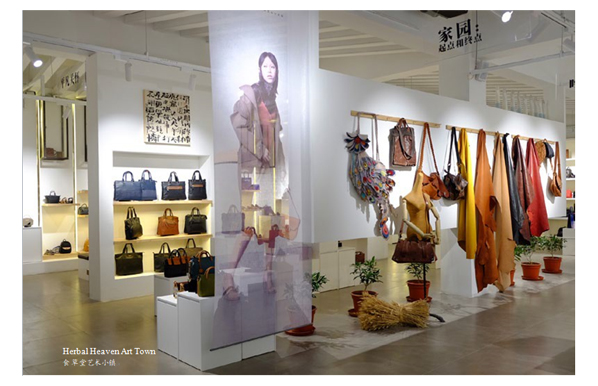 The carrying of self-use articles by non-resident permanent passengers (i.e. Visitors from Hong Kong, Macao, Taiwan residents, and overseas Chinese who have been approved by the public security authorities to en- ter China and have resided continuously for more than one year (including one year) and would return to their overseas residence after the expiration of the approved period) are subject to the Measures of the Customs of the People's Republic of China for Supervising the Entry and Exit of Articles for Self-use of Non-resident Permanent Passengers. The application for the entry of self-use articles can be made by the applicant or his or her entrusted customs declaration agency to competent customs or port customs, and the following documents need to be provided:
The carrying of self-use articles by non-resident permanent passengers (i.e. Visitors from Hong Kong, Macao, Taiwan residents, and overseas Chinese who have been approved by the public security authorities to en- ter China and have resided continuously for more than one year (including one year) and would return to their overseas residence after the expiration of the approved period) are subject to the Measures of the Customs of the People's Republic of China for Supervising the Entry and Exit of Articles for Self-use of Non-resident Permanent Passengers. The application for the entry of self-use articles can be made by the applicant or his or her entrusted customs declaration agency to competent customs or port customs, and the following documents need to be provided:
A. ID certificates;
B. Long-term residence documents;
C. Customs of the People’s Republic of China: Application Form for Import/Export of Articles for Personal Use;
D. Relevant documents such as the bill of lading, packing list, etc;
For the taxable self-use articles of non-resident permanent passengers, the customs will levy duties in accordance with the relevant provisions of the Regulations of the People's Republic of China on Import and Export Duties. The self-use articles of non-resident and long-stay passengers that are eligible for tax exemption under intergovernmental agreements will be exempted from duties by the customs in accordance with the law.
Self-use daily necessities brought in and out of China by personnel from visiting embassies and consulates in China, as well as personnel from the United Nations and its specialized agencies, or the family members of those stationed in representative offices of international organizations in China are eligible for duty free and inspection free within specified quantities. Books and teaching or research materials brought into China by high-level international students and overseas scientific and technological experts recognized by the Ministry of Human Resources and Social Security of the People's Republic of China, the Ministry of Education, or their authorized departments, are exempted from import duties within reasonable quantities for self-use.

To safeguard the health and safety of Chinese citizens, in accordance with the provisions of The Frontier Health & Quarantine Law of the People’s Republic of China and its implementing regulations, passengers for entry or exit are reminded to pay attention to international travel health considerations.
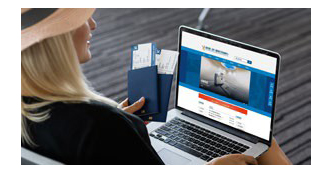
A.Before exit, passengers can log into the official websites of the General Administration of Customs of the People's Republic of China and Shijiazhuang Customs to check the global updates on infectious disease outbreaks. You can also seek health advice from the International Travel Health Care Center.
B.If suffering from symptoms of infectious diseases such as fever, headache, cough, breathing difficulties, nausea, vomiting, abdominal pain, diarrhea, muscle pain, joint pain, rash, jaundice or any other symptoms (hereinafter referred to as "symptoms of infectious diseases") at time of exit, the passengers should proactively declare your health status to the customs. It suggests canceling or postponing your travel and seeking timely medical treatment.
C.While traveling abroad, the passengers should have awareness of disease prevention. The passengers should endeavor to avoid contact the people with symptoms of infectious diseases. The passengers should take precautions against bites from disease-carrying vectors such as rodents, ants and ticks, and maintain good hygiene habits. In case of symptoms of infectious diseases, the passengers should seek medical treatment in a timely manner, and if necessary seek assistance from the Chinese consulate or embassy in the local region.D.If symptoms of infectious diseases arise during the return journey, it is crucial to promptly and truthfully inform the transportation crew. The passengers should cooperate with the crew to ensure proper self-isolation and personal protective measures.
E.If symptoms of infectious diseases appear at time of entry, the passengers should proactively declare their health status to health quarantine personnel of the customs and truthfully disclose their travel history and contact history. The passengers should cooperate with customs to facilitate quarantine investigations.
F.After entry, the passengers should closely monitor their physical conditions. If symptoms of infectious diseases appear, the passengers should seek medical treatment in a timely manner, provide detailed information of your travel history and disease contact history. Simultaneously, the passengers should promptly inform customs of their medical treatment information.

According to the Frontier Health & Quarantine Law of the People's Republic of China and its implementing regulations, passengers who carry special articles such as microorganisms, human tissues, biological products, blood, and their derivatives at time of entry or exit should apply for special articles approval from customs of their destinations in advance. They must also proactively declare these special articles to customs at the time of entry and exit. For passengers carrying blood products or biological products for self-use use or for the purpose of personal prevention or treatment of diseases, there is no need to go through health quarantine approval procedures. However, at time of entry and exit, passengers should present relevant certifications from hospitals to customs. The permissible carrying quantity is limited to one treatment course as specified in the prescription or medical instructions.

Source: Foreign Affairs Office Of Shijiazhuang Municipal People's Goverment

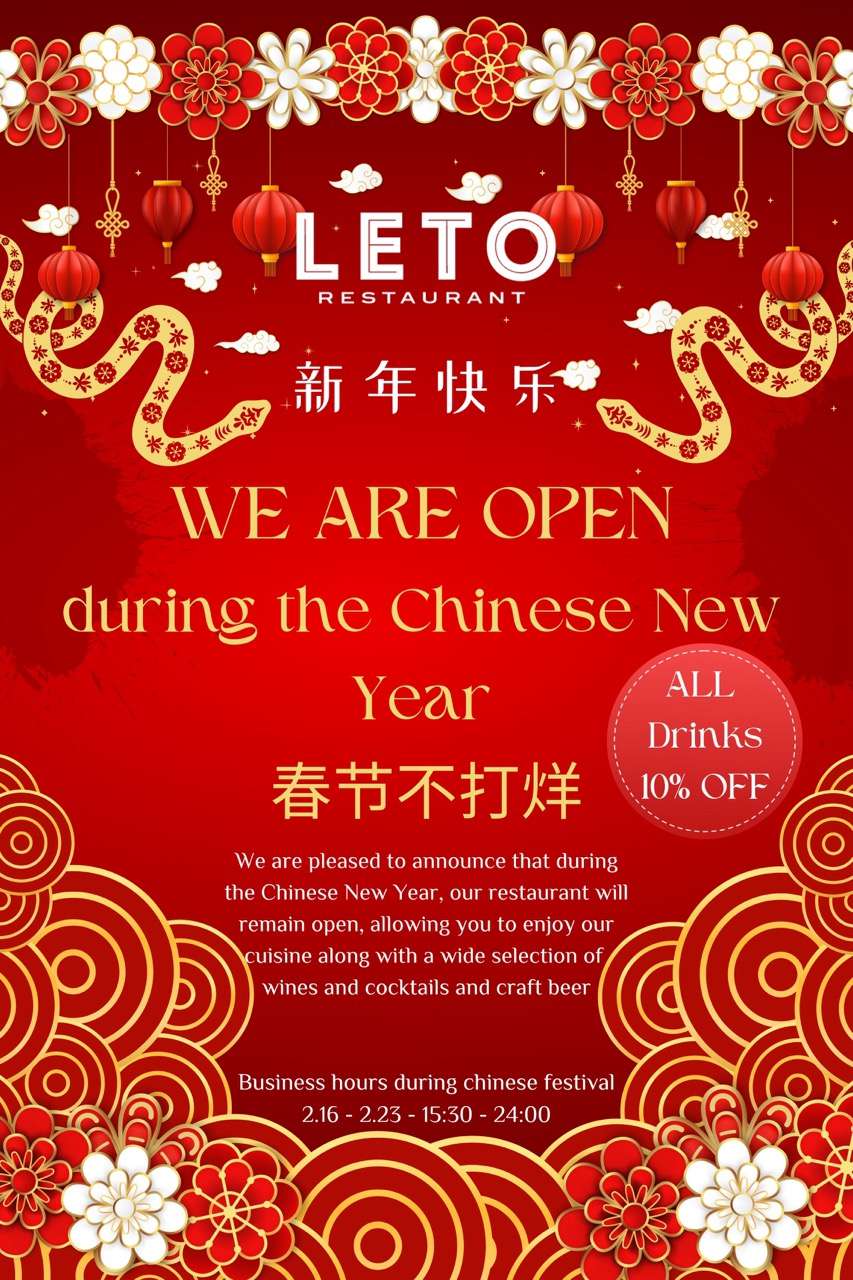
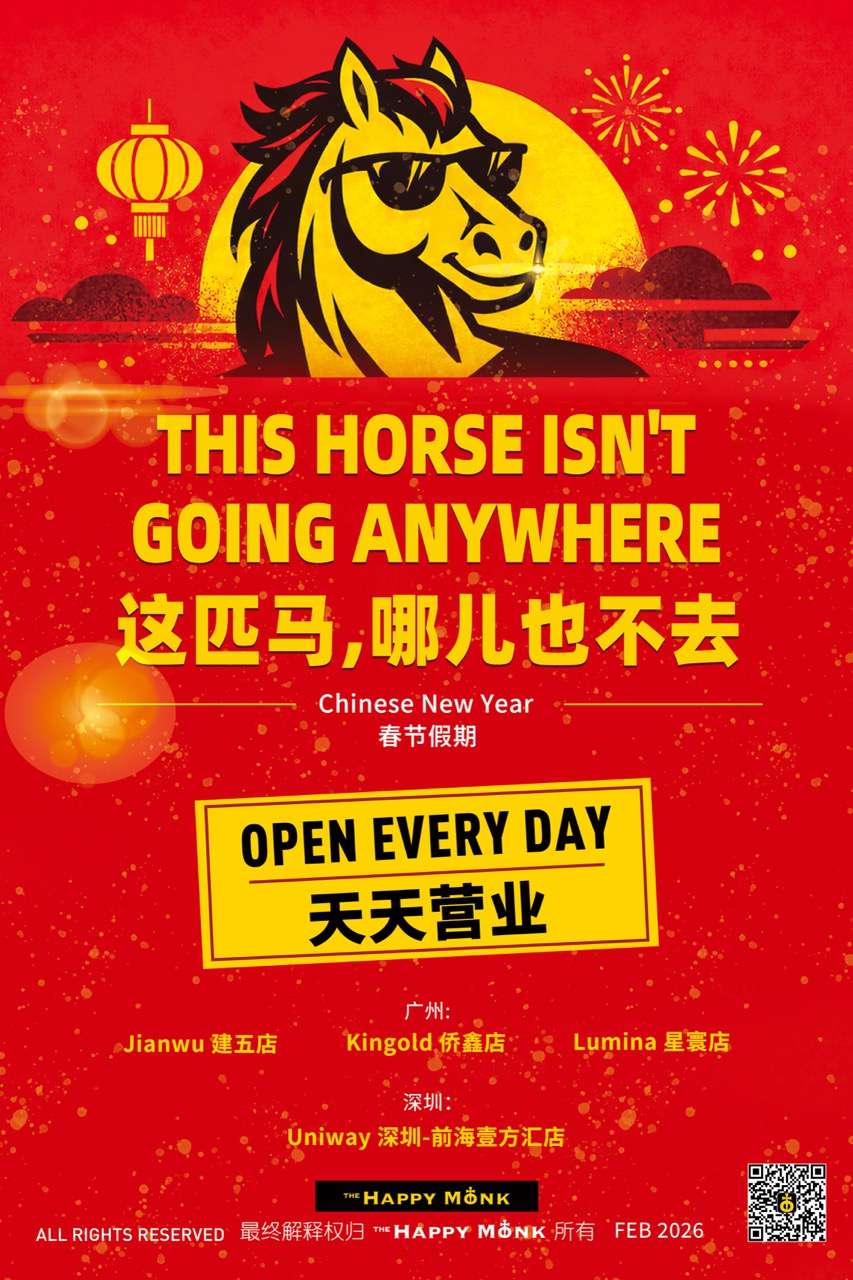
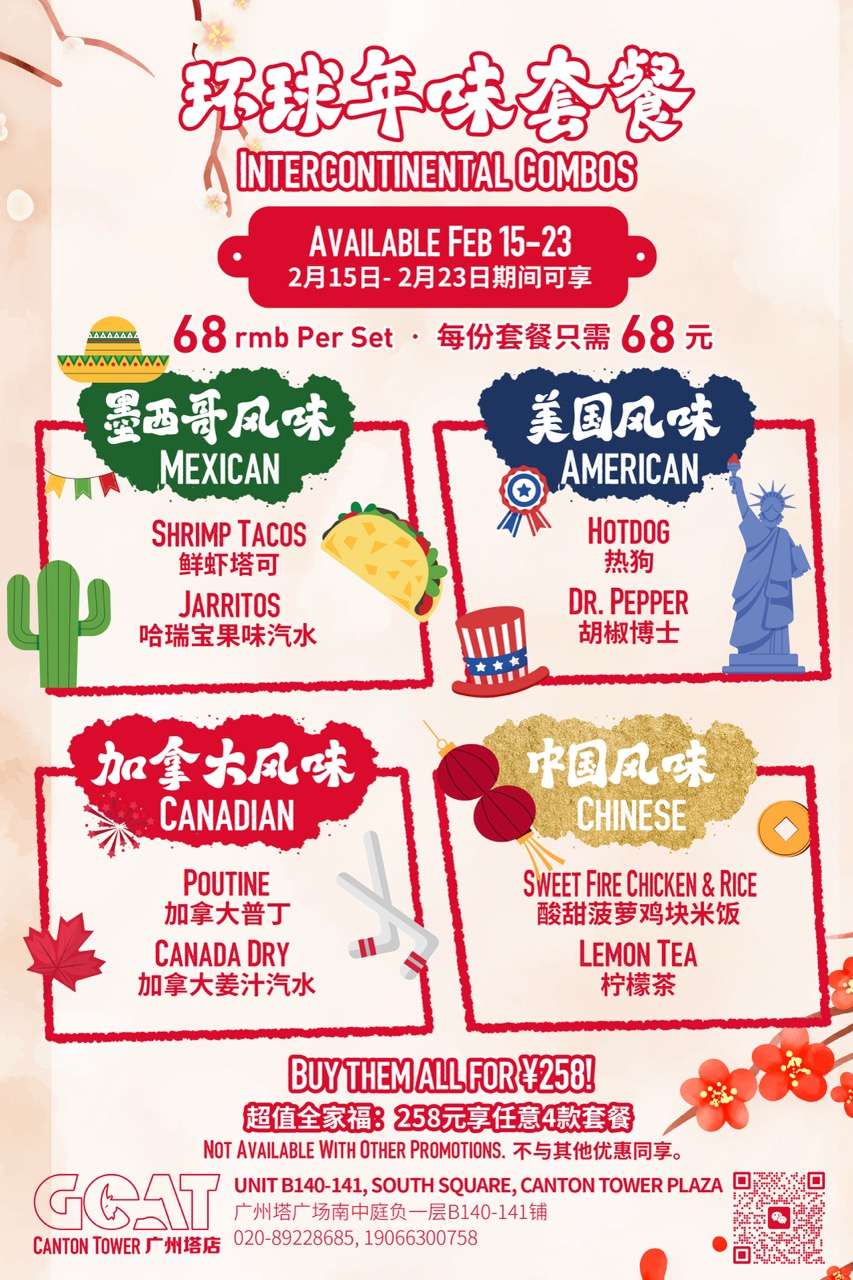




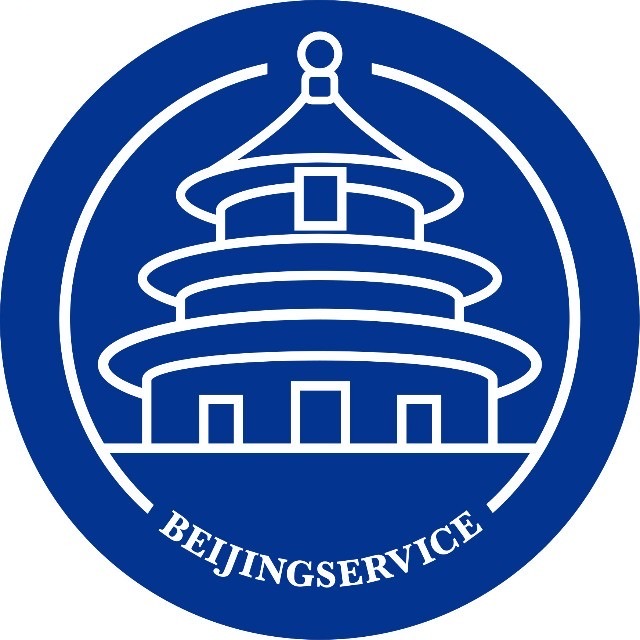
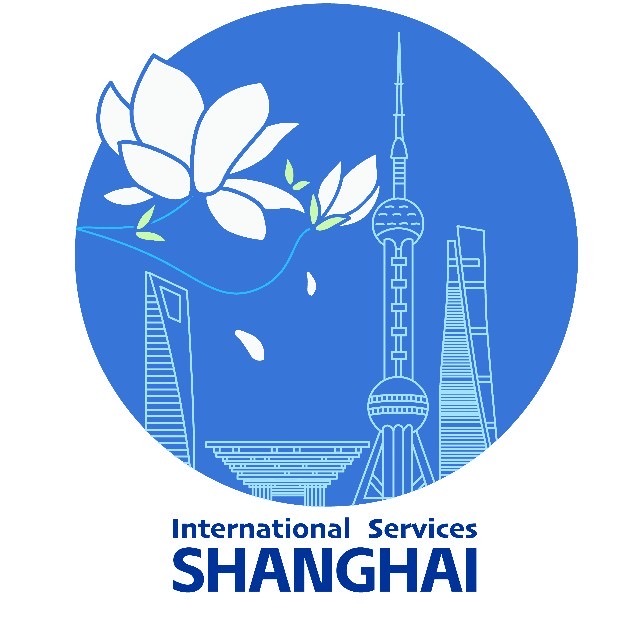



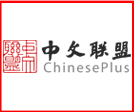
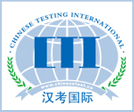

 京公网安备
京公网安备